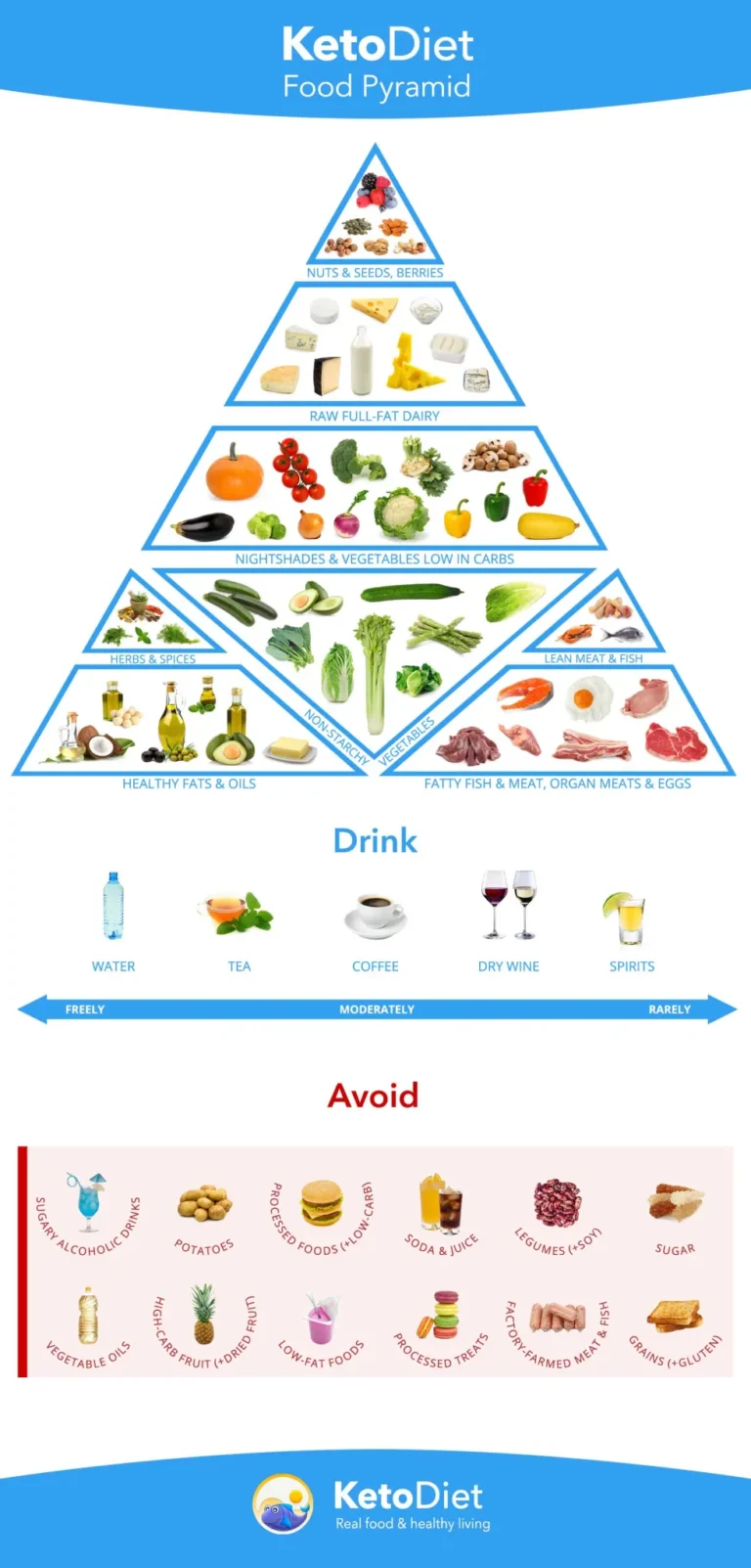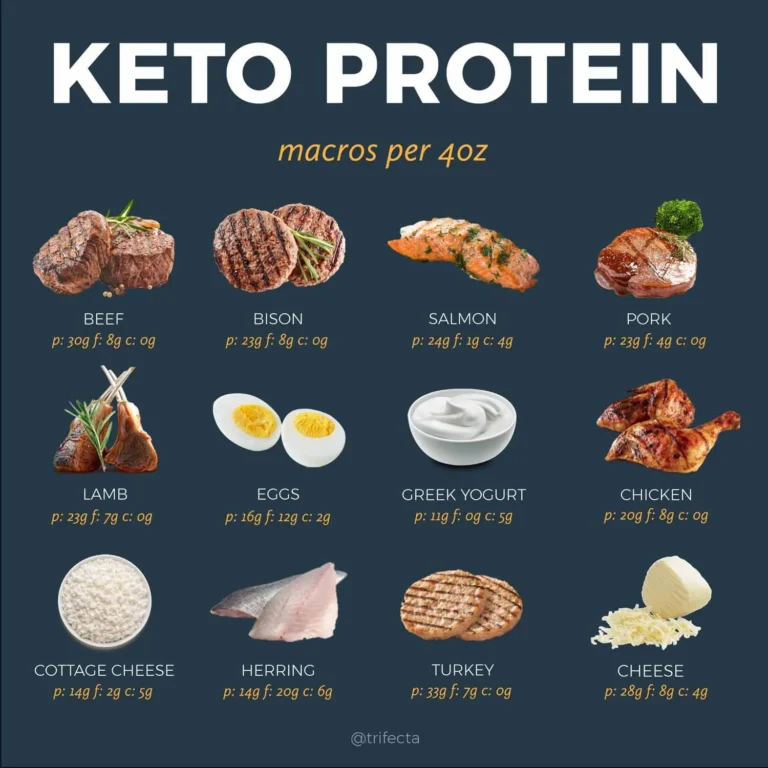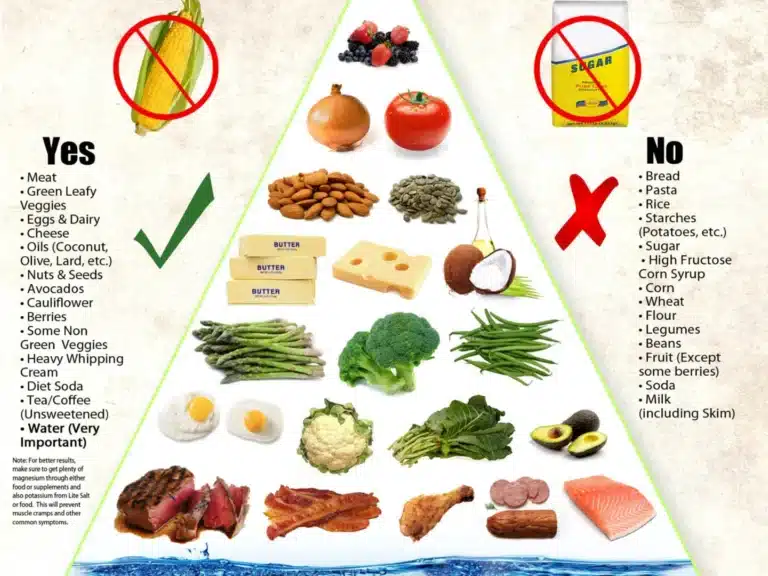The Science Behind the Ketogenic Diet: Benefits and Risks
The Science Behind the ketogenic diet: Benefits and Risks
Introduction
The ketogenic diet has gained popularity in recent years as a potential way to lose weight and improve overall health. This high-fat, low-carbohydrate diet is designed to put the body into a state of ketosis, where it burns fat for fuel instead of carbohydrates. In this article, we will explore the science behind the ketogenic diet, its potential benefits and risks, and provide answers to frequently asked questions about this dietary approach.
What is the ketogenic diet?
The ketogenic diet is a low-carbohydrate, high-fat diet that has been used for decades to treat epilepsy in children. It works by forcing the body to burn fat for fuel instead of carbohydrates, which results in the production of ketones. Ketones are byproducts of fat metabolism that the body can use for energy when glucose (sugar) is in short supply.
To achieve ketosis, followers of the ketogenic diet typically consume around 70-80% of their calories from fat, 20-25% from protein, and less than 5% from carbohydrates. This strict macronutrient breakdown is designed to keep insulin levels low and encourage the body to burn fat for fuel.
Benefits of the ketogenic diet
1. weight loss: One of the main reasons people try the ketogenic diet is for weight loss. When the body is in ketosis, it burns fat for fuel instead of carbohydrates, which can lead to rapid weight loss.
2. Improved Blood Sugar Control: The ketogenic diet can help regulate blood sugar levels by reducing the amount of sugar in the diet and promoting the use of fat for energy.
3. Increased Energy: Many people report feeling more energetic and mentally clear on the ketogenic diet, likely due to the stable blood sugar levels and steady supply of ketones for fuel.
4. Reduced Inflammation: Some studies suggest that the ketogenic diet may help reduce inflammation in the body, which is linked to a variety of chronic diseases.
5. Potential Cancer-Fighting Benefits: Some research has shown that the ketogenic diet may have anti-cancer effects, although more research is needed to fully understand this potential benefit.
Risks of the ketogenic diet
1. Nutrient Deficiencies: Because the ketogenic diet restricts many fruits, vegetables, and grains that are high in essential nutrients, followers of the diet may be at risk for nutrient deficiencies.
2. Kidney Stones: Some people on the ketogenic diet may be at increased risk for developing kidney stones due to the high intake of protein and reduced fluid intake.
3. Potential Long-Term Health Risks: While short-term studies have shown some benefits of the ketogenic diet, the long-term effects are less clear. Some research suggests that a high-fat diet may increase the risk of heart disease and other chronic conditions.
4. Difficulty Adhering to the Diet: The ketogenic diet can be challenging to follow long-term, as it requires strict adherence to a specific macronutrient breakdown and can be socially isolating.
5. Keto Flu: Some people may experience flu-like symptoms when starting the ketogenic diet, known as the “keto flu.” These symptoms can include fatigue, headaches, and irritability.
Frequently Asked Questions About the ketogenic diet
Q: Can I eat fruit on the ketogenic diet?
A: Most fruits are high in carbohydrates and are not allowed on the ketogenic diet. However, small amounts of berries can be included in moderation.
Q: How long does it take to get into ketosis?
A: It can take anywhere from a few days to a week to enter ketosis, depending on individual factors such as activity level and carbohydrate intake.
Q: Is the ketogenic diet safe for everyone?
A: The ketogenic diet may not be safe for everyone, especially those with certain medical conditions such as diabetes or kidney disease. It is always best to consult with a healthcare provider before starting any new diet.
Q: Can I drink alcohol on the ketogenic diet?
A: Alcohol is generally not recommended on the ketogenic diet, as it can interfere with ketosis and may lead to weight gain.
Q: What are some common side effects of the ketogenic diet?
A: Some common side effects of the ketogenic diet include constipation, bad breath, and muscle cramps. These side effects typically improve over time as the body adjusts to the diet.
Conclusion
The ketogenic diet is a high-fat, low-carbohydrate diet that has gained popularity for its potential weight loss and health benefits. While there are some potential risks associated with the diet, many people have found success in improving their overall health and well-being by following a ketogenic approach. As with any diet, it is important to consult with a healthcare provider before making any significant changes to your eating habits.








